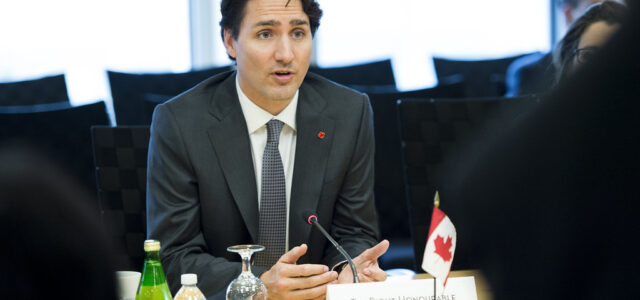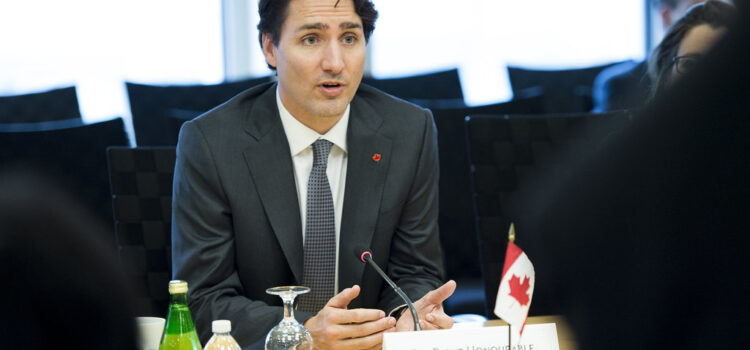


X University electrical engineer student Mohammad Umair is optimistic about federal help to ease the burden of student debt after Justin Trudeau’s Liberal party won re-election and will lead for the next 18 months with a minority government.
Though Umair is looking forward to the implementation of the promises Trudeau has made during the campaign, none of the promises made can be active until the legislation has passed in the House of Commons, which takes time, and is not guaranteed with a minority government.
“Overall, I am happy with the changes Trudeau has made, it isn’t perfect, but it is a lot to ask from the government since there is a lot more going on on the inside than we understand,” Umair says.
The first thing in relation to student debt that Trudeau’s minority government has planned is to increase the threshold repayment assistance for student loans from $25,000 to $40,000 a year, and reduce the cap on monthly payments from 20 to 10 per cent of household income, according to Maclean’s.
“I am definitely in support of this as any assistance is greatly appreciated when it comes to paying back the student loans that accumulate over the years,”Umair says. “I would’ve still preferred something that would cover a wider range of people since your income doesn’t exactly go straight to your pocket and people always have other costs, but it’s nice to see the drop from 20 per cent to 10 per cent which should help a lot.”
Trudeau’s second promise is to permanently wave federal interest on Canada Loans and Canada Apprentice Loans.
“It’s great to see them promise students they will only be paying back what they owe and not anything more in the form of federal interest. I just hope they’re able to stick to their word,” Umair says.
The Liberals are also increasing the threshold for repayment of student loans to $50,000.
“I believe this is a good thing since this would cover a lot of the students who are graduating soon or who are joining university soon because that income threshold is a lot more realistic for a wider range of people who would make that much after graduating,” Umair says.
The last thing on the list of promises for education made by the Liberals in terms of student debt was the extension of doubling the student loan grants to $6,000 for full-time students until July 2023, and Umair says this will benefit him.
“This is definitely a good thing for me personally since I’m still in school and using government assistance for tuition and will be until I finish which will be around 2022-2023,” Umair says. “Grants are the portion that I’m not required to pay back, which really takes the stress off in terms of my loan building up and gives me some breathing room to get through the rest of university.”
In 2014, Germany’s 16 states terminated tuition fees for undergraduate students at all public Germany universities, which means that both domestic and international undergraduates at public universities can study for free. This does not include the fee to cover administration and other costs per semester.
“I would’ve obviously loved it if they had just decided to adopt a system similar to Germany where tuition is free but oh well,” Umair says.






